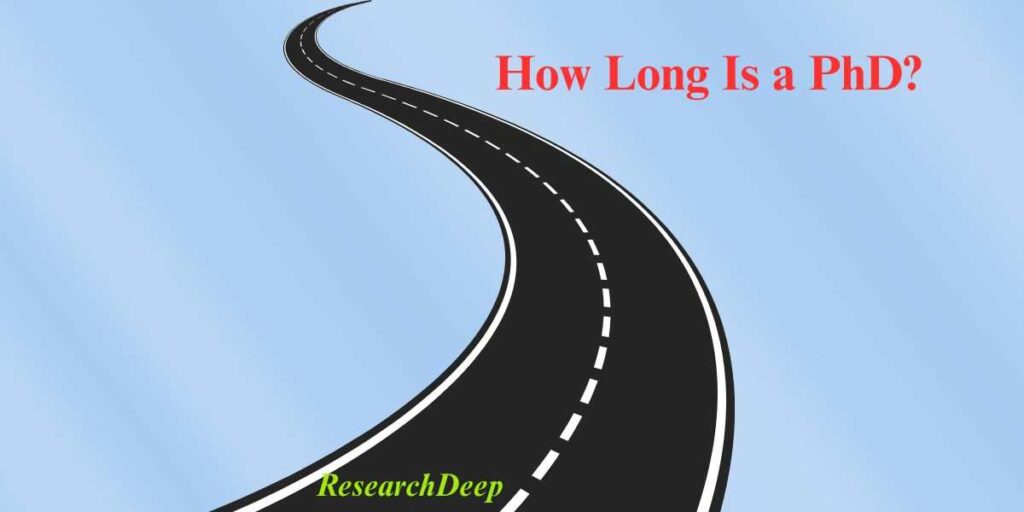| Field Of Study | Duration | Focus Area | Key Challenges |
|---|---|---|---|
| Education | 3-4 years | Pedagogy, Leadership | Writing-intensive |
| Humanities | 4-5 years | Theoretical Research | Extensive Reading/Writing |
| DBA | 3 years | Business Strategy | Balancing Work & Study |
| PsyD | 3-5 years | Clinical Practice | Internship Requirements |
| DNP | 3 years | Advanced Nursing Practice | Clinical Hours |
What Makes a PhD Easy to Obtain?
Several factors contribute to the perceived ease of a PhD program:
- Duration: Shorter programs or those offering accelerated timelines can reduce the overall time commitment.
- Program Structure: Programs with fewer coursework requirements or a heavier focus on practical work may be less demanding.
- Field of Study: Some disciplines require extensive lab work, field studies, or technical expertise, making them more challenging than others.
- Support Systems: Access to funding, mentorship, and institutional support can significantly impact the difficulty level.
- Personal Fit: Programs aligned with a student’s background and interests often feel less burdensome.
Alternative Options
Online PhD Programs
Online PhD programs provide flexibility and accessibility for students who cannot commit to traditional, on-campus programs. These programs can be particularly appealing to working professionals or those with family commitments.
- Advantages: flexible schedules, reduced relocation costs, and the ability to balance work and study.
- Challenges: Limited networking opportunities and a need for self-discipline.
- Fields Commonly Offered Online: Education, Business, Nursing, and Psychology.
Related Read: Is an Online PhD Program Recognized?
Accelerated and Integrated PhD programs
These programs combine Master’s and PhD programs and may sometimes fall into this category.
Advantages: They can be less time-consuming and are ideal for students with a clear research focus and a strong academic background.
Challenges: These programs demand intense focus and effective time management.
Example: Integrated PhD programs in the UK-Manchester typically last 4 years and combine coursework with research from the outset.
Related Reads:
FAQs
What is the quickest PhD to get?
Doctor of Nursing Practice (DNP) and Doctor of Occupational Therapy (OTD) degrees don’t require the large amount of research and dissertations that longer programs include and can be completed in two to three years, as they focus on practical applications.
Which PhD is easiest?
A PhD in Education aims to groom students for administrative roles in academia, research, and policy-making. These programs focus on the critical analysis of methodologies suited to educational principles and their applications.
Conclusion
While the term “easiest PhD to get” is subjective, understanding factors like program structure, duration, and alignment with personal goals can help prospective students make informed decisions.
Whether opting for a traditional PhD, an accelerated program, or a professional doctorate, the key is to choose a path that complements your skills and aspirations.
The discussion of “easy” being relative underscores the importance of personal fit and support systems in determining the feasibility of a program. Accelerated and integrated programs may seem easier in terms of duration but often demand high levels of efficiency and dedication. Online PhD programs, while flexible, still require rigorous academic effort.


